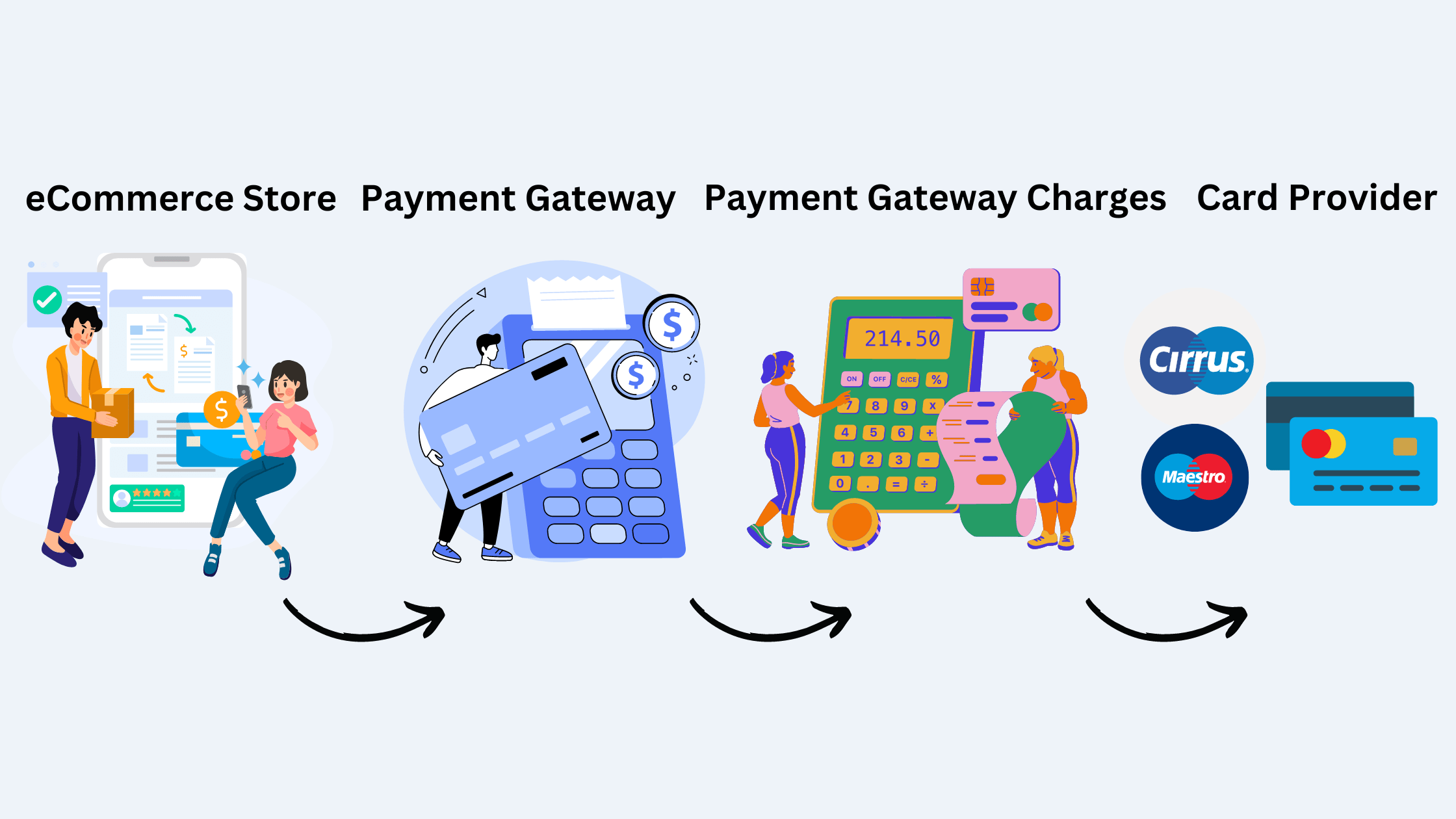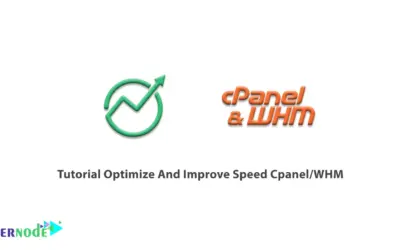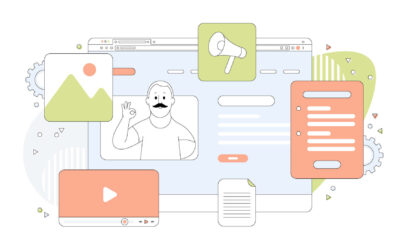The Importance of a Reliable Payment Gateway for Online Transactions
Without a reliable payment gateway, online transactions can be risky and unreliable. A payment gateway acts as a secure bridge between customers and merchants, processing and authorizing transactions in real-time. It ensures that sensitive customer data, such as credit card details, are securely transmitted and protected from fraud or unauthorized access.
One of the key reasons why a reliable payment gateway is important for online transactions is trust. Customers need to feel confident that their personal and financial information will be handled securely. A reliable payment gateway implements robust security measures, such as encryption and tokenization, to safeguard customer data. This not only protects customers from potential identity theft or fraud but also instills trust in the overall online shopping experience.
Understanding the Role of cPanel in Managing Payment Gateways
cPanel plays a vital role in managing payment gateways for your online transactions. This web-based control panel offers a user-friendly interface that allows website owners to easily set up and manage payment gateways without requiring extensive technical knowledge. With cPanel, you can streamline the process of integrating payment gateways into your website, making it hassle-free and efficient.
One of the key advantages of using cPanel for managing payment gateways is its ability to provide a centralized platform for all your payment-related activities. From configuring payment settings to monitoring transaction logs, cPanel offers a comprehensive solution for managing payment gateways. Additionally, cPanel provides a secure environment for processing payment transactions, ensuring that sensitive customer data is protected. By utilizing the features and functionalities offered by cPanel, website owners can simplify the management of their payment gateways and provide a seamless online shopping experience for their customers.
Key Features to Look for in a Payment Gateway Integration
When choosing a payment gateway integration for your website, there are several key features to consider. Firstly, it is important to prioritize security. Look for a payment gateway that offers strong encryption and fraud detection measures to ensure the safety and protection of your customer’s sensitive financial information.
Secondly, compatibility with different payment methods is crucial. Your payment gateway should be able to accept a wide range of payment options, such as credit and debit cards, e-wallets, and bank transfers. This will ensure that your customers have flexibility in choosing their preferred payment method, resulting in a smoother checkout process and increased customer satisfaction. Additionally, having the ability to integrate with popular payment processors can also be advantageous, as it allows for seamless transactions and streamlines your payment process.
By considering these key features, you can find a payment gateway integration that not only maximizes security but also provides a convenient and reliable payment experience for both you and your customers.
How to Choose the Right Payment Gateway for Your Website
When it comes to choosing the right payment gateway for your website, there are several factors that need to be taken into consideration. Firstly, it is important to assess the needs of your business and understand what features and functionalities are crucial for your specific industry. For instance, if you are running an e-commerce store with a high volume of transactions, you would want a payment gateway that is capable of processing large volumes of transactions efficiently and securely. On the other hand, if you have a smaller-scale business, you may prioritize ease of integration and user-friendly interfaces.
Additionally, it is crucial to consider the compatibility of the payment gateway with your website’s platform. Different payment gateways have varying degrees of compatibility with different website platforms, such as WordPress, Shopify, or Magento. Therefore, it is advisable to choose a payment gateway that seamlessly integrates with your website’s platform to ensure a hassle-free and smooth payment experience for your customers.
Lastly, it is important to assess the fees and pricing structure of different payment gateways. Some gateways charge a flat fee per transaction, while others have a tiered pricing structure based on transaction volume. It is important to analyze your business’s transaction volume and projected growth to choose a payment gateway that offers competitive rates and doesn’t burden your business with excessive transaction fees.
By carefully considering these factors, you can choose the right payment gateway for your website that meets the specific needs of your business, ensures a secure payment experience for your customers, and contributes to the growth and success of your online venture.
Step-by-Step Guide to Setting Up a Payment Gateway with cPanel
Setting up a payment gateway with cPanel is a straightforward process that can be completed in a few simple steps. The first step is to ensure that your cPanel account is properly set up and configured for payment gateway integration. This involves verifying that your account has the necessary permissions and privileges to facilitate secure online transactions.
Once your cPanel account is ready, the next step is to choose the right payment gateway for your website. There are several options available, each with its own features and pricing plans. It is important to research and compare different payment gateways to find the one that best fits your specific business needs. After making your selection, you will need to follow the provider’s instructions to integrate the payment gateway with your cPanel account. This typically involves installing the appropriate plugins or scripts and configuring the necessary settings to ensure seamless and secure payment processing.
Common Challenges in Payment Gateway Integration and How to Overcome Them
One common challenge in payment gateway integration is the compatibility issue between the website’s platform and the chosen payment gateway. Different platforms may have varying requirements and technical specifications, which can result in errors during the integration process. To overcome this challenge, it is important to thoroughly research and select a payment gateway that is compatible with the website’s platform. In addition, seeking professional guidance or assistance from the payment gateway provider can help ensure a smooth integration process.
Another challenge in payment gateway integration is the complexity of security measures. As online transactions involve sensitive customer information, it is crucial to implement robust security measures to protect against potential threats. However, these security measures can sometimes be overwhelming to implement, especially for small businesses or individuals with limited technical knowledge. To overcome this challenge, it is advisable to choose a payment gateway that provides comprehensive security features out of the box. Regularly updating security protocols and staying informed about the latest trends and best practices in payment gateway security can also help ensure the safety of online transactions.
Best Practices for Securing Payment Gateway Transactions
Payment gateway transactions play a crucial role in ensuring the security of online payments. As online transactions continue to grow, it becomes increasingly important for businesses to implement best practices for securing payment gateway transactions. One such practice is the use of SSL (Secure Socket Layer) encryption to protect sensitive customer data during transmission. By implementing SSL certificates, businesses can establish a secure connection between the customer’s browser and the payment gateway, preventing unauthorized access to sensitive information.
Another best practice is to regularly update and patch the payment gateway software to address any vulnerabilities or security loopholes. Hackers are constantly evolving their tactics, and outdated software can be an easy target for cyberattacks. By keeping the payment gateway software up-to-date, businesses can stay one step ahead of potential security threats. Additionally, businesses should implement strong authentication protocols, such as two-factor authentication, to ensure that only authorized individuals can access the payment gateway. This adds an extra layer of security by requiring users to provide two forms of identification, such as a password and a unique code sent to their mobile device. By adopting these best practices, businesses can enhance the security of their payment gateway transactions and protect their customers’ sensitive information.
Optimizing Payment Gateway Performance with cPanel
To optimize payment gateway performance with cPanel, it is important to first ensure that your server environment is properly configured. This includes having sufficient resources such as CPU, memory, and disk space allocated to handle the payment transactions efficiently. It is also crucial to regularly update cPanel to the latest version to benefit from any performance improvements and security patches.
Additionally, optimizing the performance of your payment gateway can be achieved by streamlining the communication between cPanel and the gateway. This can be done by minimizing the number of unnecessary API calls and making use of caching mechanisms to reduce the load on the server. Monitoring and analyzing the performance metrics of your payment gateway with the help of cPanel’s reporting tools can also be beneficial in identifying areas for improvement and making necessary adjustments to enhance the overall performance.
Troubleshooting Tips for Payment Gateway Issues
When it comes to payment gateway issues, troubleshooting can be a daunting task. However, there are some key tips that can help streamline the process and ensure smoother transactions. Firstly, it is important to double-check the configuration settings of the payment gateway integration. One small error in the settings can have a significant impact on the functionality of the gateway. Additionally, verifying the compatibility of the payment gateway with the website’s platform is crucial. Ensuring that the payment gateway is compatible with the hosting environment and the website’s framework can help identify any compatibility issues early on.
Another useful tip is to test the payment gateway in a sandbox or test environment before implementing it on the live website. By mimicking real transactions in a controlled environment, potential issues can be identified and resolved before they affect actual customer transactions. Regularly monitoring the payment gateway’s performance and conducting routine tests can also help prevent any unforeseen issues. In addition, staying up-to-date with the latest software updates and security patches is essential to maintaining the integrity of the payment gateway and protecting sensitive customer data. Following these troubleshooting tips can help businesses ensure a seamless payment experience for their customers.
Future Trends and Innovations in Payment Gateways and cPanel Integration
In the rapidly evolving world of online transactions, there are several future trends and innovations that are shaping the landscape of payment gateways and cPanel integration. One major trend is the rise of mobile payment solutions. With the increasing usage of smartphones and tablets, consumers are demanding more convenient options to make purchases on-the-go. This has led to the development of mobile payment gateways that allow customers to securely and easily complete transactions using their mobile devices.
Another important innovation is the integration of artificial intelligence (AI) and machine learning (ML) technologies into payment gateways. AI and ML have the potential to revolutionize the way transactions are processed by optimizing fraud detection, enhancing security measures, and providing personalized user experiences. By analyzing consumer behavior patterns and data, AI-powered payment gateways can accurately identify and prevent fraudulent activities, ultimately increasing trust among consumers and merchants.
As technology continues to advance, we can expect even more exciting developments in the realm of payment gateways and cPanel integration. From blockchain-based solutions to biometric authentication, the possibilities are endless. These innovations have the potential to revolutionize online transactions, making them faster, more secure, and more convenient for both consumers and businesses. It is important for merchants and website owners to stay updated on these future trends, as they can greatly impact the success of their e-commerce ventures.
What is a payment gateway?
A payment gateway is a technology that facilitates online transactions by securely transferring sensitive credit card information between the website and the payment processor.
Why is a reliable payment gateway important for online transactions?
A reliable payment gateway ensures that customers’ payment information is securely processed and protects against fraud. It also provides a seamless and smooth checkout experience for customers, which is crucial for successful online transactions.
What role does cPanel play in managing payment gateways?
cPanel is a control panel that allows website owners to manage various aspects of their website, including payment gateway integration. It provides a user-friendly interface for configuring and maintaining payment gateways.
What key features should I look for in a payment gateway integration?
Some key features to consider when choosing a payment gateway integration include security measures, compatibility with your website platform, ease of use, customer support, and transaction fees.
How can I choose the right payment gateway for my website?
To choose the right payment gateway for your website, consider your specific business needs, budget, and target audience. Research different options, compare their features and pricing, and read customer reviews to make an informed decision.
Can you provide a step-by-step guide to setting up a payment gateway with cPanel?
Yes, in the article, we provide a detailed step-by-step guide on how to set up a payment gateway with cPanel. Following these instructions will help you integrate a payment gateway seamlessly into your website.
What are some common challenges in payment gateway integration and how can they be overcome?
Some common challenges in payment gateway integration include compatibility issues, technical errors, and security concerns. These challenges can be overcome by ensuring compatibility between your website platform and the payment gateway, regularly updating software, and implementing robust security measures.
What are some best practices for securing payment gateway transactions?
Some best practices for securing payment gateway transactions include using SSL/TLS encryption, implementing strong authentication measures, regularly monitoring for suspicious activity, and complying with industry standards and regulations.
How can I optimize payment gateway performance with cPanel?
To optimize payment gateway performance with cPanel, you can regularly check for updates and apply them, optimize server settings, monitor and analyze performance metrics, and ensure that your cPanel configuration is properly optimized for the chosen payment gateway.
What are some troubleshooting tips for payment gateway issues?
Some troubleshooting tips for payment gateway issues include double-checking configuration settings, testing transactions with different payment methods, monitoring error logs, and contacting customer support for assistance.
What are some future trends and innovations in payment gateways and cPanel integration?
Some future trends and innovations in payment gateways and cPanel integration include advancements in mobile payment technologies, increased use of artificial intelligence for fraud detection, improved user interfaces for cPanel, and enhanced security measures to protect against evolving threats.




